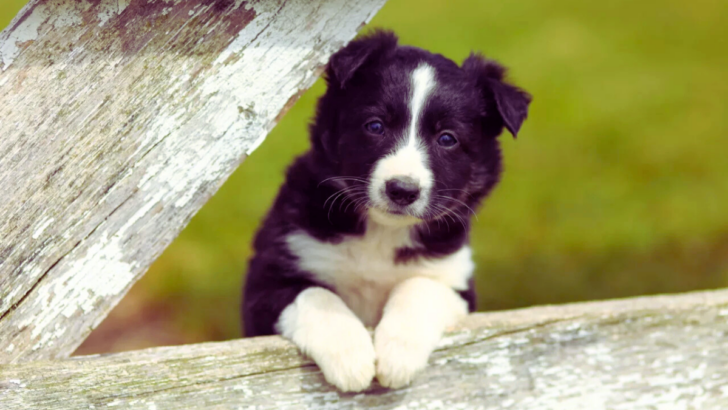Some dogs are more independent than others, but certain breeds thrive on companionship and struggle when left alone for extended periods. Loneliness can lead to anxiety, destructive behavior, and even depression in these breeds.
If you’re considering adopting one of these dogs, make sure you can provide them with plenty of time, love, and attention.
1. Labrador Retriever
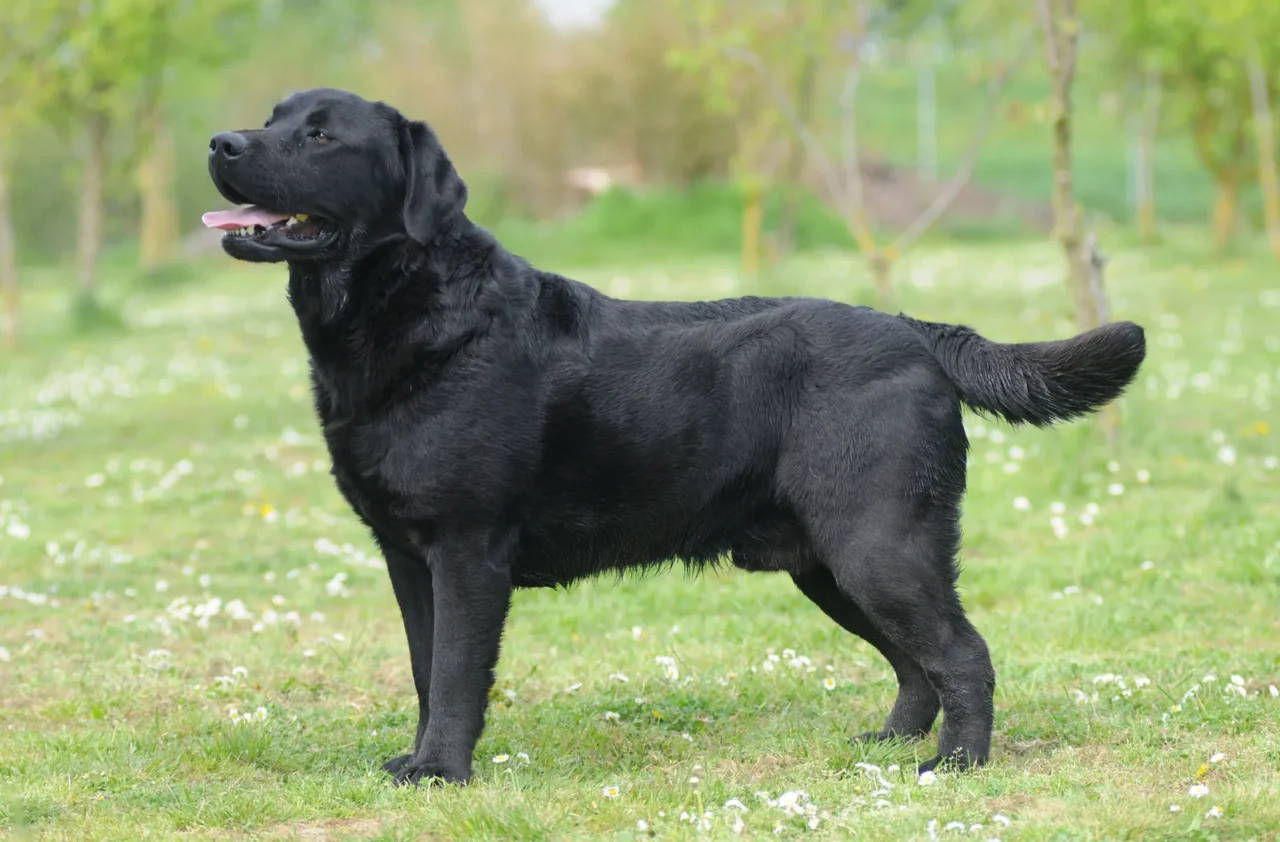
Social and affectionate, Labradors love being part of the family. They bond closely with their owners and can become anxious if left alone for too long. Their high energy levels also mean they need regular physical and mental stimulation. Without proper attention, Labradors may resort to chewing furniture or digging as a way to cope with boredom.
2. German Shepherd
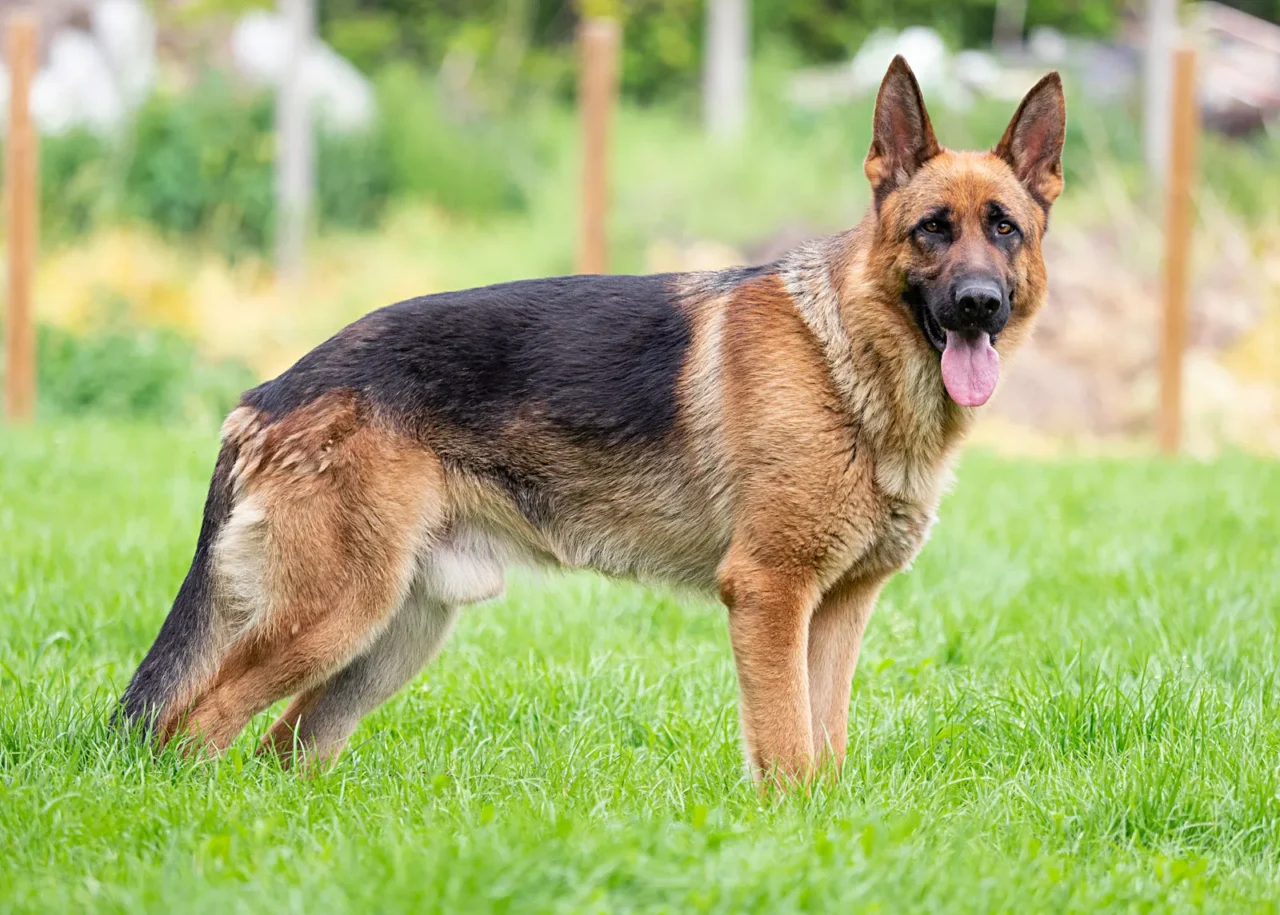
Highly intelligent and loyal, German Shepherds are often forming deep bonds with their families. They are natural guardians and prefer to stay close to their owners. When left alone, they may experience separation anxiety and engage in destructive behaviors such as chewing or barking excessively. Regular exercise and mental challenges can help alleviate some of their stress.
3. Border Collie

As one of the most intelligent dog breeds, Border Collies require constant mental stimulation and physical activity. They thrive in environments where they can work or engage in activities with their owners. Being left alone for long periods can lead to frustration, which often results in excessive barking, chewing, or other destructive behaviors. These dogs need a lot of interaction to stay happy and healthy.
4. Cavalier King Charles Spaniel

Thriving on human companionship Cavalier’s are affectionate and gentle. They were bred to be lap dogs and crave constant attention from their families. If left alone for too long, they can become anxious and develop behaviors like whining or destructive chewing. Their small size makes them an ideal choice for people who can spend most of their time at home.
5. Australian Shepherd

Energetic and intelligent, Australian Shepherds thrive on being around their families. They excel in roles that require problem-solving and physical activity, making them prone to boredom when left alone. Extended periods of isolation can lead to destructive behaviors or excessive barking. Regular exercise and mental stimulation are essential for their well-being.
6. Bichon Frise
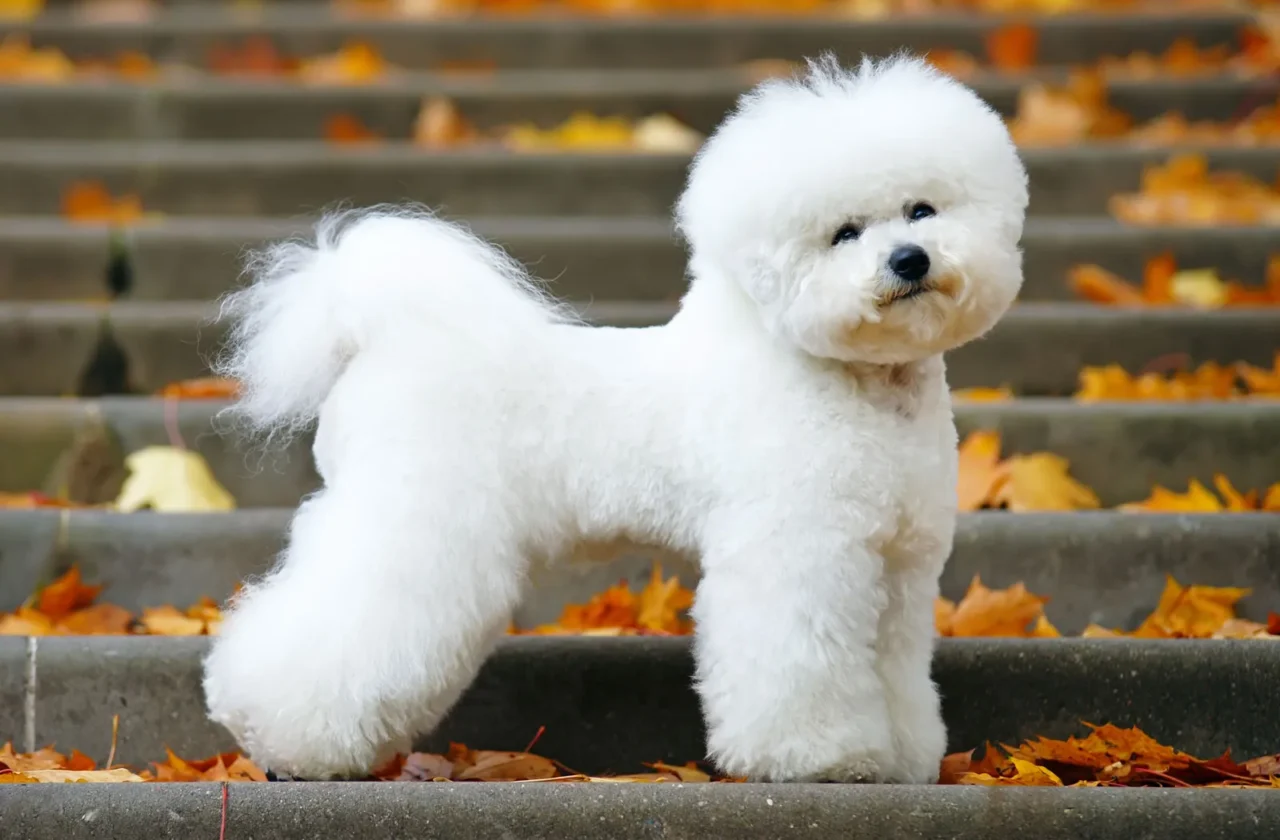
Cheerful and affectionate, the Bichon Frise adores being the center of attention. They form strong bonds with their owners and dislike being left alone for long periods. Loneliness can lead to separation anxiety and behavioral issues like excessive barking or chewing. These dogs do best in homes where someone is present most of the time.
7. Pug
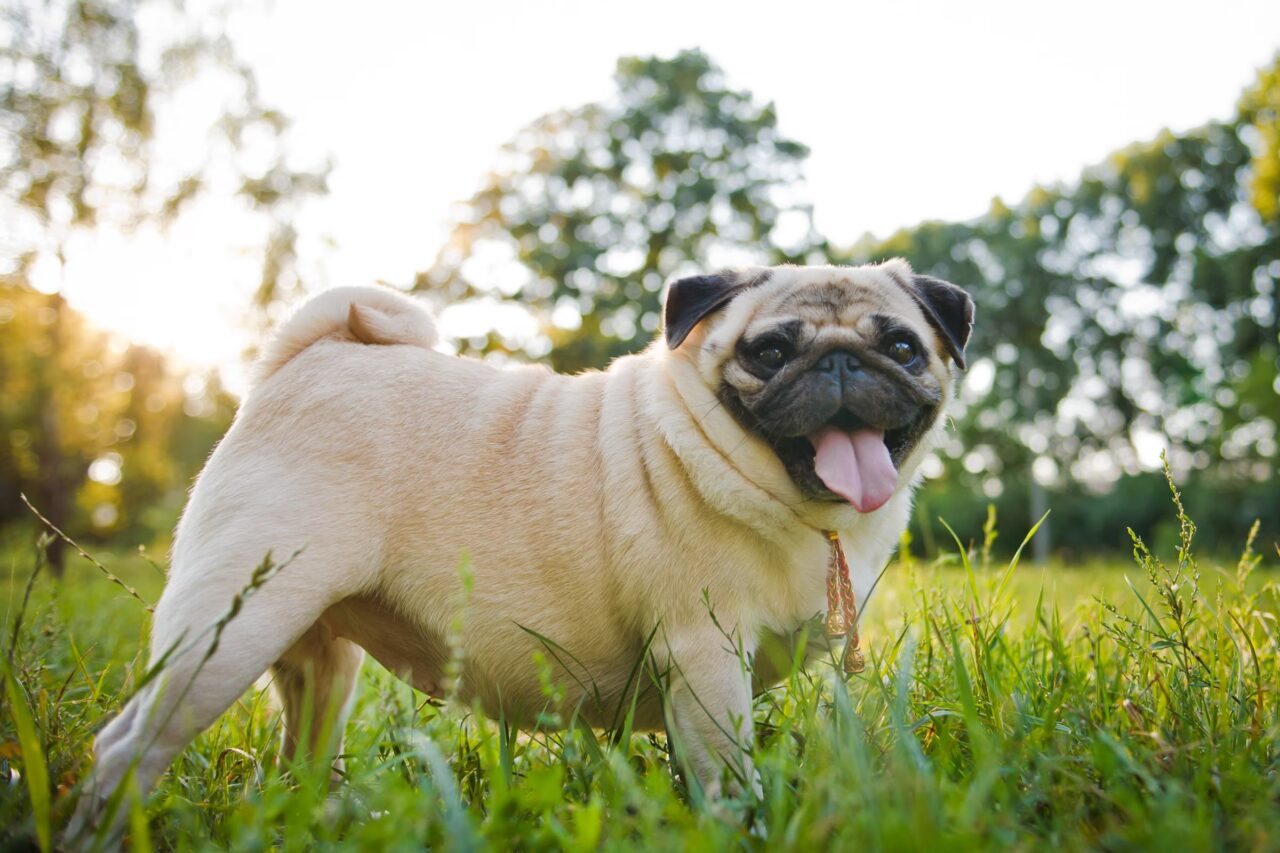
Sociable and affectionate, Pugs love staying close to their owners. They are prone to separation anxiety if left alone for extended periods. When bored or lonely, they may bark excessively or develop destructive habits. Pugs thrive in households where they can get plenty of cuddles and attention.
8. Golden Retriever

Golden Retrievers are known for their friendly and loyal nature. They form strong attachments to their families and can struggle with being left alone. Prolonged isolation can lead to anxiety, depression, or destructive behavior like chewing on household items. These dogs thrive in active, loving environments where they receive plenty of attention and exercise.
9. Chihuahua

Despite their small size, Chihuahuas have big personalities and a strong need for companionship. They can become overly dependent on their owners and suffer from separation anxiety when left alone for long periods. This anxiety often manifests in excessive barking, whining, or destructive behavior. Chihuahuas do best in homes where they can be around people for most of the day.
10. French Bulldog

Affectionate and devoted, French Bulldogs thrive on being around their families. They are not an independent breed and can experience anxiety when left alone for extended periods. Their loneliness may result in destructive chewing or whining. French Bulldogs thrive in homes where they can receive constant companionship and attention.
11. Shih Tzu

Bred to be companions, Shih Tzus are happiest when surrounded by their families. They dislike being left alone and may become anxious or develop habits like barking or chewing. Their affectionate nature makes them ideal for people who can dedicate a lot of time to their care. Regular interaction and companionship are crucial for their emotional well-being.
12. Cocker Spaniel

Affectionate and social, Cocker Spaniels thrive on interaction with their families. They are prone to separation anxiety and may develop behavioral issues if left alone for extended periods. Regular exercise, mental stimulation, and companionship are crucial for keeping them happy. A caring and attentive environment is vital for their overall well-being.
